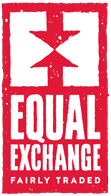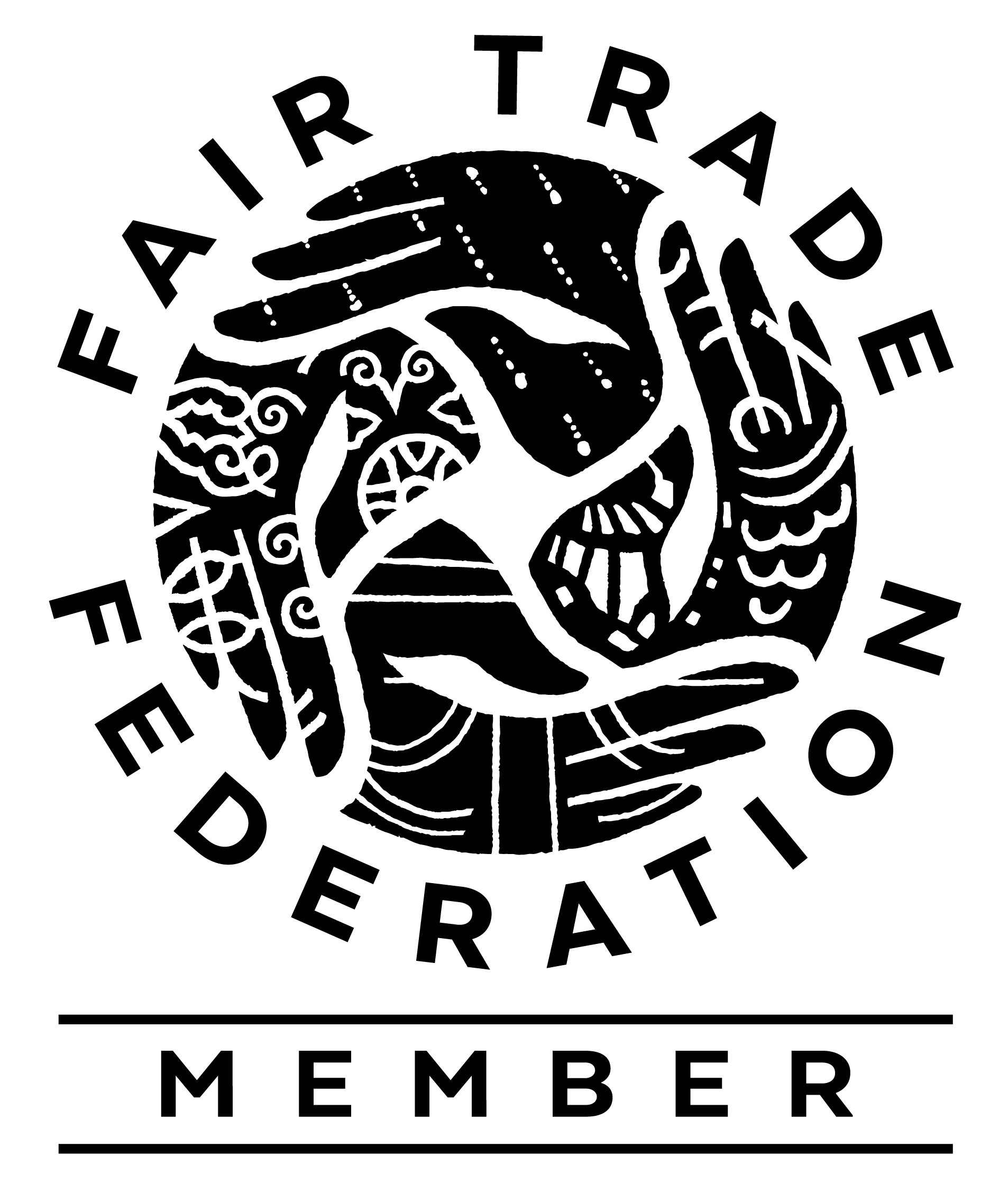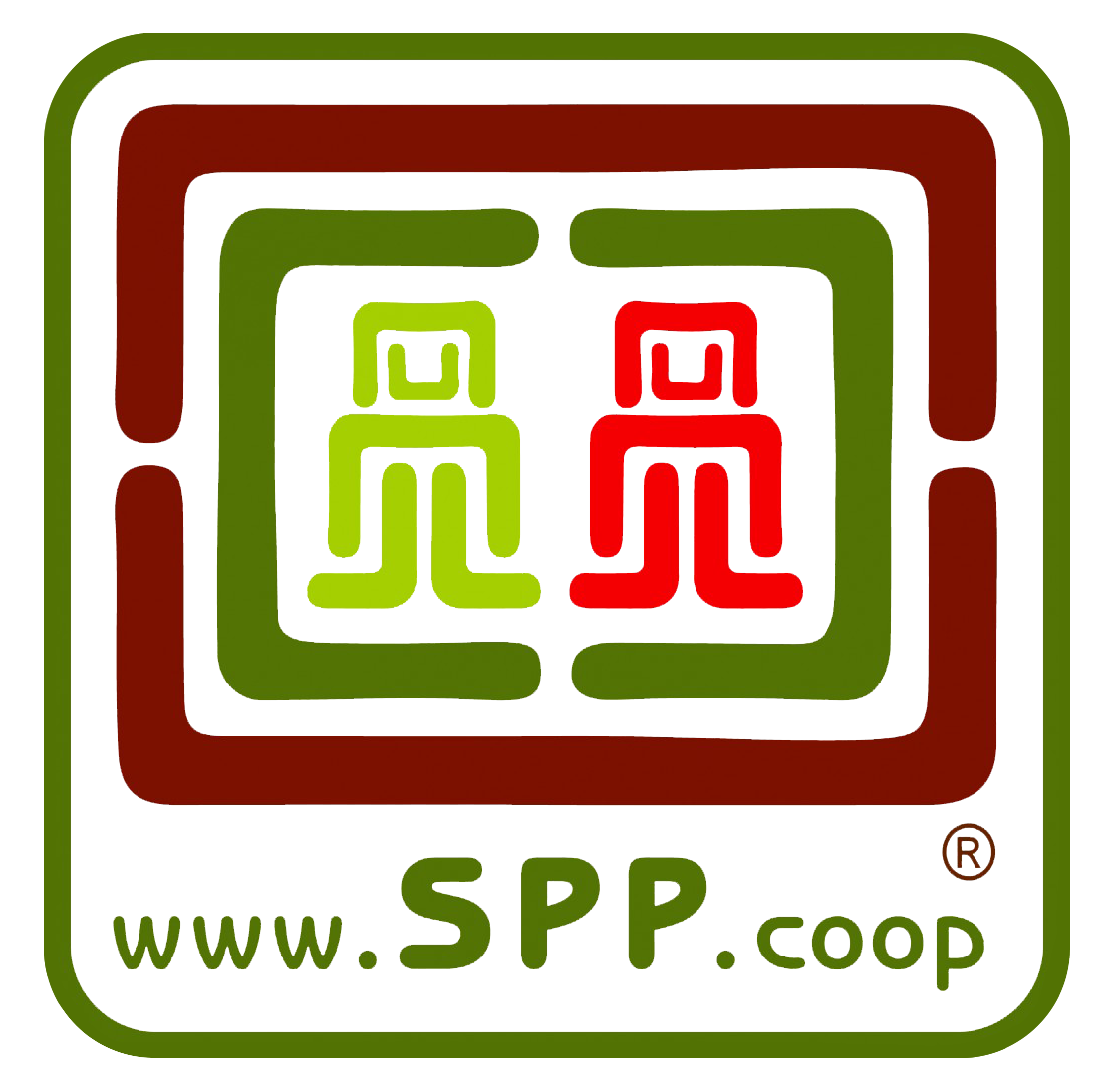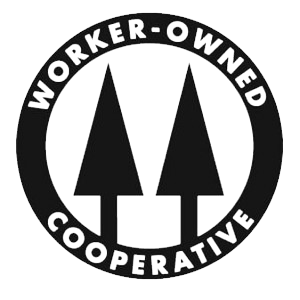Faith-based Solidarity During the COVID-19 Pandemic

Church sales, or buying clubs, are a vital part of U.S. solidarity economics: they demonstrate consumer commitment to the purchase of goods from marginalized small-scale producer cooperatives. Church buying clubs have been at the heart of Equal Exchange’s alternative economic network for almost 25 years. This article features four different church projects and their leaders, and explains how each group is showing solidarity with small-scale farmers during the COVID pandemic.
Good Shepherd Lutheran Church in Jericho, Vermont
Good Shepherd Lutheran Church in Jericho, Vermont, has always had a focus on peace and justice issues. It was fitting that a ministry that involved the support of small scale farmers through the purchase of fair trade products became a part of Good Shepherd’s way of being. The program is coordinated by Dan Steinbauer, a member of the church since 1980. Dan is also a coffee aficionado who transformed the church’s coffee hour by introducing Equal Exchange coffee and helped to upgrade the church’s brewing equipment to provide a variety of high-quality coffee. In 2012, Dan expanded the project to sell chocolate, tea, olive oil and other EE products. He wanted more people to learn about alternative supply chains and felt good about folks having access to excellent organic products for a good price. About 20 customers from the congregation became his regular customers. Dan still orders what he knows those people want and sells the products near cost.
When the COVID-19 pandemic struck, Dan moved all of the EE inventory into his garage. Now, people call him when they want to buy something. They set a time with Dan for pick-up on his front porch without interacting directly with him, and leave a check. The buying club is expanding; his next door neighbors have heard about the availability of EE fairly traded products and are now buying chocolate and coffee from him. He offers people the possibility of buying individual items (versus by the case) and sometimes will use his private key to enter the church’s kitchen to grind a pound of coffee beans for someone. Dan considers this project to be his ministry. He is trying to live out his Christian values, and hopes to help church members and others to do the same
Ocean Heights Presbyterian Church in Egg Harbor Township, New Jersey
Grace Miley of Ocean Heights Presbyterian Church in Egg Harbor Township, New Jersey recently held a successful church sale in compliance with COVID-19 restrictions — in her church parking lot. She reports, ” We were amazed at the enthusiastic response from our members and the generosity that is always shown in supporting this food mission of our church.” People learned about the new COVID-19 restriction-compliant sale in emails from Grace to the congregation. She writes, “I heard from twenty people and everyone was eager to order and to pick up at the church. Some drove a distance to get their products.”
Grace filled the orders as they came in and gave folks a pick up time in 15-minute intervals between 1:00 and 2:00 pm. People were cautious during their pick-up and approached the sales cart one at a time; they picked up their bags and put their checks in the donation box. Grace sold $662.00 worth of merchandise. Also, she says they had $269 extra in their cash box so they deposited $931, which was a record for them. They usually only sell in that quantity in December. Grace writes, “It went flawlessly, and we had an added surprise: Pastor Blake arrived at 1:00 p.m.” the pastor was so thrilled to see everyone and felt the bond that the church members have for one another. Later he said to Grace, “What an excellent day. I left in tears. I was happy to see actual people still interested in mission when so much of life is shut down.”
Quail Springs United Methodist in Oklahoma City, Oklahoma
Dave Ranek is a member of the Men’s Group of Quail Springs United Methodist in Oklahoma City. Dave accepted a pastor’s challenge to sell Equal Exchange products in September of 2010. Combined with two monthly sales, Dave and helpers attend multiple craft fairs in the area and set up sales tables. The group has dispensed over $27,000 of proceeds from fair trade sales to worthy groups — locally, nationally, and internationally. The congregation numbers about 150, with around 35% purchasing coffee, tea, cocoa or chocolate. Dave and his crew began selling at the retirement center next door about six months after launching at their church. The sales tables became well-known and over 35 people from the center came to buy products at least once a month.
Mention of the Quail Springs United Methodist sale is included in their weekly newsletter just to keep the project foremost in the minds of congregants. Dave made about two unscheduled trips per month delivering to retirement home residents until the pandemic confined them to the facility. Dave writes, “Over the ten years, the guys… and I have talked to thousands of people.” Although not everyone makes a purchase, “they leave knowing what fair trade is all about. The fact most of our products are organic is a big selling point. To a certain extent, helping the smaller grower still means something to many people.” With the pandemic, Dave’s congregation continues to reach out through the church’s weekly email update, they have continued to sell to several customers, sometimes meeting in the church parking lot. Folks drive up, their order is put into their car trunk and the payment taken out of the trunk. There are also some home deliveries, with precautions taken to maintain social distance.
First Parish Unitarian in Plymouth, Massachusetts
First Parish Unitarian of Plymouth, with about 60 active families, has had an ongoing Equal Exchange church sale for 15 years. Once the COVID-19 pandemic started, Sandi Hammond, the church choir director, decided to take orders once every two months, in part to assist people who were older and isolated. Sandi started her buying club by posting an announcement in the church’s digital bulletin and announced the final deadline for orders at a church service. To generate more interest among congregants, she shared a list of foods that would be available, which included items like cashews, almonds, and raisins. Sandi offered a 30-minute zoom session to provide people with logistics and to answer questions. She also had phone conversations with interested individuals, encouraging people to poke around on the EE webstore to find products of interest.
Sandi set up a google document with a spreadsheet containing the names, addresses for delivery, and preferred way of paying for each customer. She asked people to plan on buying by the case or to split a case with another person. People would pay on the day that the whole order was placed, using Paypal or Venmo — no checks. Another church member stepped forward to offer the use of her credit card to order products up front. Sandi enlisted the help of two volunteers to drop off of products when they arrived. She said that she thought the offer of door-to-door delivery is one of the things that got people more interested. For Sandi, taking the time to tell folks about the farmers, the products, and the Equal Exchange mission is key to making a buying club a success.
This is Part II of a series. Read Part I, on the history of buying clubs. Or listen to Dan Steinbauer talk about his buying club in Part III.
Related Posts
Listen to an Organizer: Dan Steinbauer on Buying Clubs
Buying clubs are a powerful way for people to support authentic fair trade. For the…
14 May 2020Why Buying Clubs? Why Now?
What Exactly is a Buying Club? Faith-based groups have sold coffee, tea, and chocolate…
14 May 2020







Leave A Comment